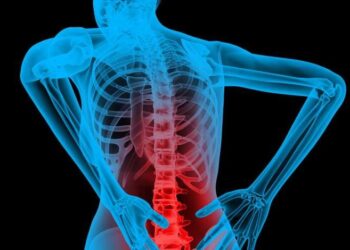The age-old saying recommends biting food 32 times before swallowing, a practice that not only exercises the teeth but also ensures optimal use of digestive enzymes, leading to better nutrient absorption.
The rate at which we eat influences our general health and well-being. In today’s fast-paced society, many of us rush through meals, scarcely pausing to chew and taste our food. However, there is mounting evidence that the speed at which we eat might have a significant impact on our health. In this post, we’ll analyze the distinctions between eating slowly and quickly, and which method is best for our general health.
The Benefits for Eating Slowly:
Eating slowly involves taking the time to chew each bite thoroughly and savor the flavors and textures of our food. This mindful approach to eating has been associated with several health benefits.
Improved Digestion:
Chewing food thoroughly allows for better breakdown of nutrients and facilitates the digestive process. When we eat slowly, our bodies can more effectively absorb essential nutrients, leading to better overall digestion and nutrient uptake.
Better Weight Management:
Eating slowly has been linked to reduced calorie intake and improved appetite regulation. By giving our bodies more time to register feelings of fullness, we’re less likely to overeat and consume excess calories. This can contribute to better weight management and lower risk of obesity.
Enhanced Satisfaction:
Eating slowly allows us to fully appreciate the sensory experience of eating, leading to increased satisfaction and enjoyment of meals. When we take the time to savor each bite, we’re more likely to feel satiated and content, reducing the urge to snack or overindulge later on.
The Case for Eating Quickly:
On the other hand, many of us are accustomed to eating quickly, often out of necessity or habit. While eating quickly may offer convenience in today’s busy world, it may come with its own set of drawbacks.
Increased Risk of Overeating:
Eating quickly can lead to a disconnect between our body’s hunger and fullness cues, making it easier to overeat. When we rush through meals, we’re more likely to consume larger portions and ignore signals of fullness, which can contribute to weight gain and poor digestion.
Digestive Discomfort:
Eating quickly can put added strain on the digestive system, leading to issues like indigestion, bloating, and gas. When food isn’t properly chewed and broken down, it can linger in the digestive tract longer, causing discomfort and potentially leading to digestive problems over time.
Reduced Satisfaction:
Eating quickly often means missing out on the sensory experience of eating and the pleasure of enjoying a meal. When we scarf down food without taking the time to taste and savor it, we’re less likely to feel satisfied and fulfilled, leading to cravings and the desire to eat more.







 Finance
Finance







